Things You'll Need
- Office space
- Office furniture
- Computer
- Professional stationery
- Business cards
- Brochures
Suggestions
- Study your client base and your competition. Identify a niche in the market where your geriatric care management program will fit in. For instance, you might specialize in helping elders with pets or elders who have cognitive difficulties. To enhance your credibility, consider obtaining one of the four recognized geriatric care manager certifications: Care Manager Certified from the National Academy of Certified Care Managers, Certified Case Manager from the Commission for Case Manager Certification, Certified Advanced Social Worker in Case Management, or Certified Social Work Case Manager from the National Association of Social Workers.
- Consult a small-business attorney to obtain a local business license and attend to other legal paperwork. A sole proprietorship requires less paperwork than a partnership or a corporation. Unless your agency will be providing health care in the home or accepting funds from federal or state programs such as Medicaid, you should not need to be licensed or certified by your state.
- Write a business plan. The more detail you are able to put into your plan, the better. At the very least, include a mission statement and sections on the services your geriatric care management program will provide, how you plan to market yourself, who your competition is, what your budget will be and how you see the day-to-day operation of your business flowing.
- Locate funding sources and prepare proposals to show to potential lenders and investors. The most common funding sources are bank or government loans, grants and private investors. For government-sponsored loans, check out the Small Business Administration. Grants are harder to find, but you might investigate local foundations or the Catalog of Federal Domestic Assistance.
- Locate and set up your office. Your office can be in your home or in a commercial office building. You probably won't need that much space at first--a reception area and one or two private rooms for consultations should suffice. Office furniture can be basic, but you will need a reliable computer with Internet access and a software package like Microsoft Office, which includes among other features Word, PowerPoint, Excel and Outlook. You may also want to consider purchasing QuickBooks to handle invoicing and payroll.
- Develop a manual of policies and procedures. It's a good idea to run your manual past your small-business attorney, as she may be aware of hot-button issues such as workplace violence and sexual harassment that haven't occurred to you. Once your policies and procedures are complete, design the forms you will use for client assessments, care plans, communicating with the family, and billing.
- Brand your business. Select a slogan and logo to appear on your stationery, business cards, and advertising materials such as brochures. Order advertising materials and start advertising your business one to two months prior to opening your doors.
- Hire and train staff. Some people operate geriatric care management programs completely on their own, but this can be an exhausting proposition. It's a good idea to at least hire an office manager. As your business grows, you will probably also want to hire other care managers and perhaps marketers.
_____________________________
For Your Practice
$4.50 - Thank You Note Cards
see on 2 styles
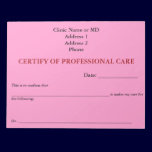
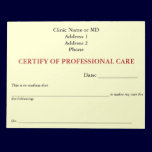






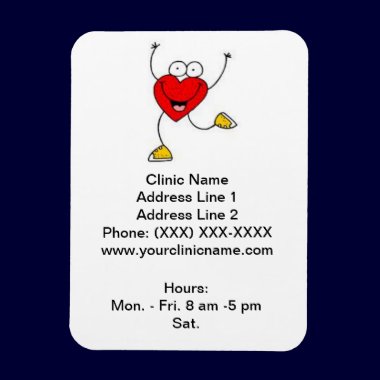


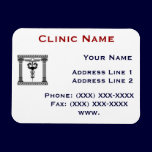

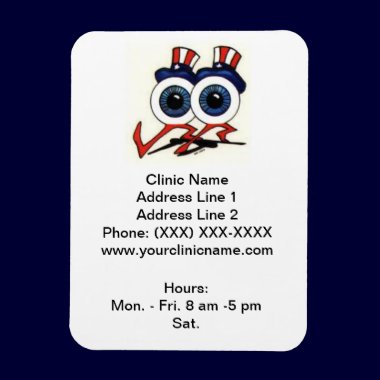




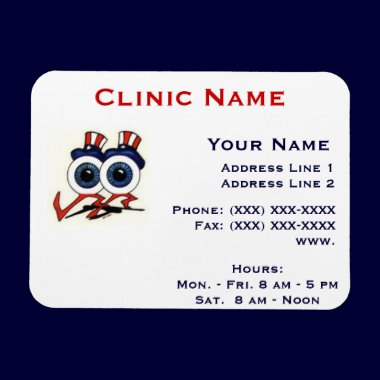














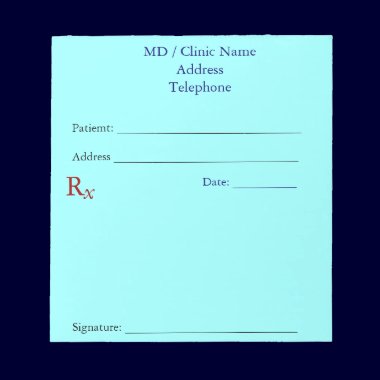

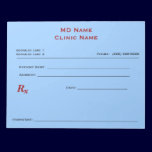
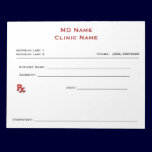
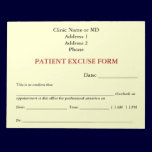
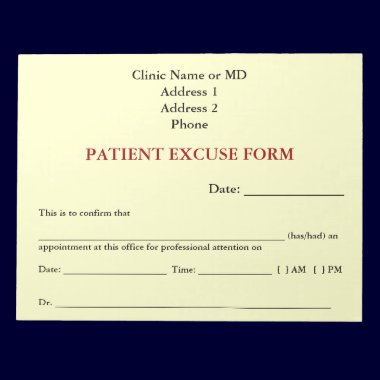

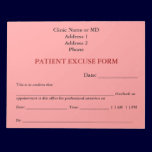

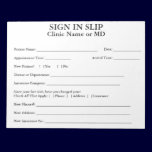
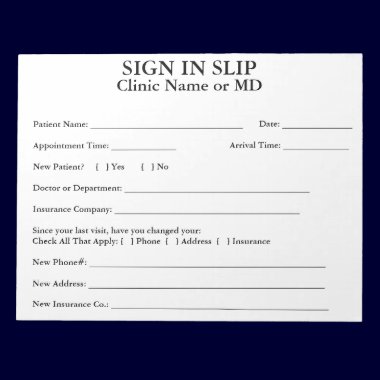
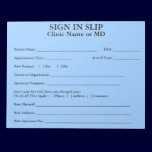





No comments:
Post a Comment